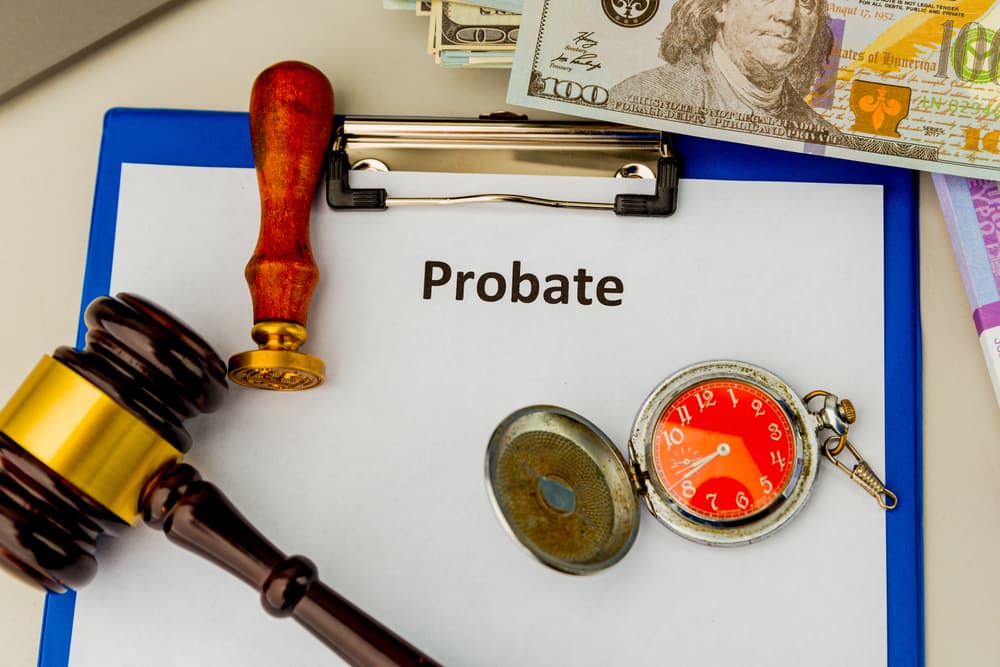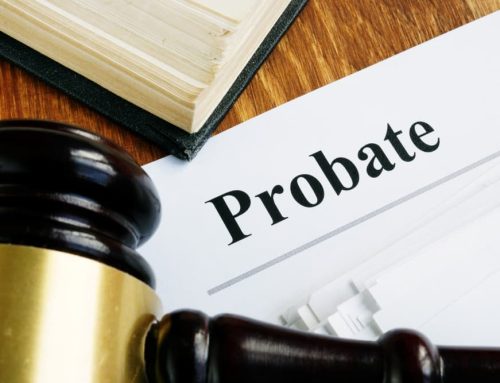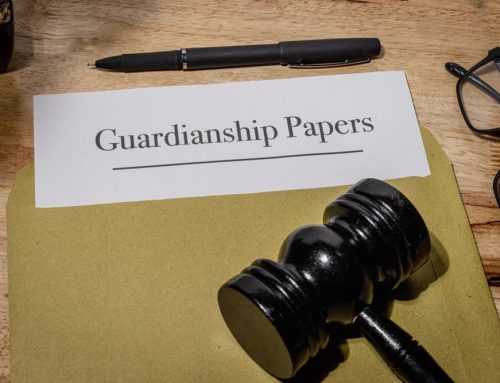How to Protect Your Estate from Probate Costs
How to Protect Your Estate from Probate Costs

Some estates must go through the probate process before the assets can be retitled and distributed to the beneficiaries. Since probate is a legal process, there are certain costs involved. Families often do not plan for the full range of probate costs. These costs can eat into the amount of money that beneficiaries inherit, so you are wise to plan ahead of time to try to minimize these costs.
In some cases, your family may attempt to either stay out of probate entirely, or you place assets into accounts that are transferred upon death and do not have to go through probate. Speaking to a probate attorney today can help you get a handle on your situation and potentially minimize the costs of the probate process.
What Are Costs Associated with Probate?

Additional costs may include accounting fees, appraisal fees for valuing property, bond premiums if the court requires a bond for the executor, and publication fees to notify creditors and beneficiaries. In some cases, especially when disputes arise, litigation costs can significantly increase the total expense. All of these costs are typically paid from the estate before assets are distributed to beneficiaries.
Why Avoiding Probate Costs Matters
Avoiding probate costs matters because probate can significantly reduce the value of the estate passed on to your loved ones. Legal fees, court costs, executor compensation, and other administrative expenses are typically paid out of the estate, leaving less for beneficiaries. For families with modest assets, these costs can have a major impact—especially when combined with delays in accessing funds during the probate process.
Additionally, probate proceedings are public and time-consuming, sometimes lasting months or even years, depending on the complexity of the estate and whether disputes arise. This can place emotional and financial stress on grieving families. Avoiding probate through tools like living trusts, joint ownership, or payable-on-death accounts can help preserve more of the estate’s value, ensure faster distribution of assets, and maintain privacy. Taking steps to avoid probate is a smart part of any comprehensive estate plan designed to protect your legacy and support your heirs.
You Can Avoid Probate Costs By Avoiding Probate Altogether
You can avoid probate costs by avoiding probate altogether—and doing so is one of the most effective ways to preserve your estate for your loved ones. Probate is a court-supervised process that validates a will and oversees the distribution of a deceased person’s assets. While it serves a legal purpose, it also comes with significant expenses, delays, and public disclosure of private financial matters.
By avoiding probate, you eliminate many of the associated costs, such as court filing fees, executor compensation, attorney’s fees, bond premiums, appraisal costs, and publication expenses. These can quickly erode the value of the estate, especially for small to mid-sized estates.
There are several estate planning tools that allow you to bypass probate entirely. Living trusts are one of the most powerful options. When assets are transferred to a trust, they are no longer considered part of the probate estate and can pass directly to beneficiaries upon death. Joint ownership with right of survivorship, transfer-on-death (TOD) designations, and payable-on-death (POD) accounts are also effective tools for avoiding probate.
Additionally, avoiding probate speeds up the distribution of assets and keeps your affairs private, since probate proceedings are part of the public record. Working with an experienced estate planning attorney can structure your estate in a way that minimizes or eliminates probate entirely—saving time, money, and stress for your loved ones.
Mistakes in Estate Planning Can Cost You Money in Probate

Another costly mistake is improperly funding a living trust. If assets are not retitled into the trust, they may still go through probate, defeating the purpose of creating the trust in the first place. Ambiguous language in estate documents can also result in challenges that prolong probate and increase legal fees.
Small oversights, like missing signatures or failing to name alternate executors, can trigger legal complications. Proper estate planning with professional guidance helps avoid these issues and saves money in the probate process.
How Hiring a Probate Lawyer Can Help You Save Money
Hiring a probate lawyer can help you save money by efficiently guiding you through the legal process and avoiding costly mistakes. Probate involves strict deadlines, detailed paperwork, and legal procedures that, if mishandled, can lead to delays, penalties, or even litigation among heirs. A probate attorney ensures everything is filed correctly and on time, helping to prevent court rejections or disputes that can increase expenses.
An experienced estate planning lawyer can also identify opportunities to minimize tax liability, reduce unnecessary fees, and streamline the estate’s administration. They can advise on whether simplified probate procedures are available, which are typically faster and less expensive. Additionally, a probate attorney can help resolve creditor claims properly, preventing overpayment or unlawful claims that reduce estate value.
A Probate Attorney is Worth the Fee
While hiring legal help is an added cost, it often leads to faster resolutions, lower administrative expenses, and protection from larger financial setbacks—ultimately saving the estate money in the long run. Make the call today to a Florida estate planning lawyer, protect your estate.
Have questions about how to get started on your estate plan or estate needs?
Have questions about how to get started
on your estate plan or estate needs?
Contact the experienced estate planning professionals at The Estate Plan
by calling us at (305) 677-8489.
Contact the experienced estate planning professionals at The Estate Plan by calling us at
(305) 677-8489.
















